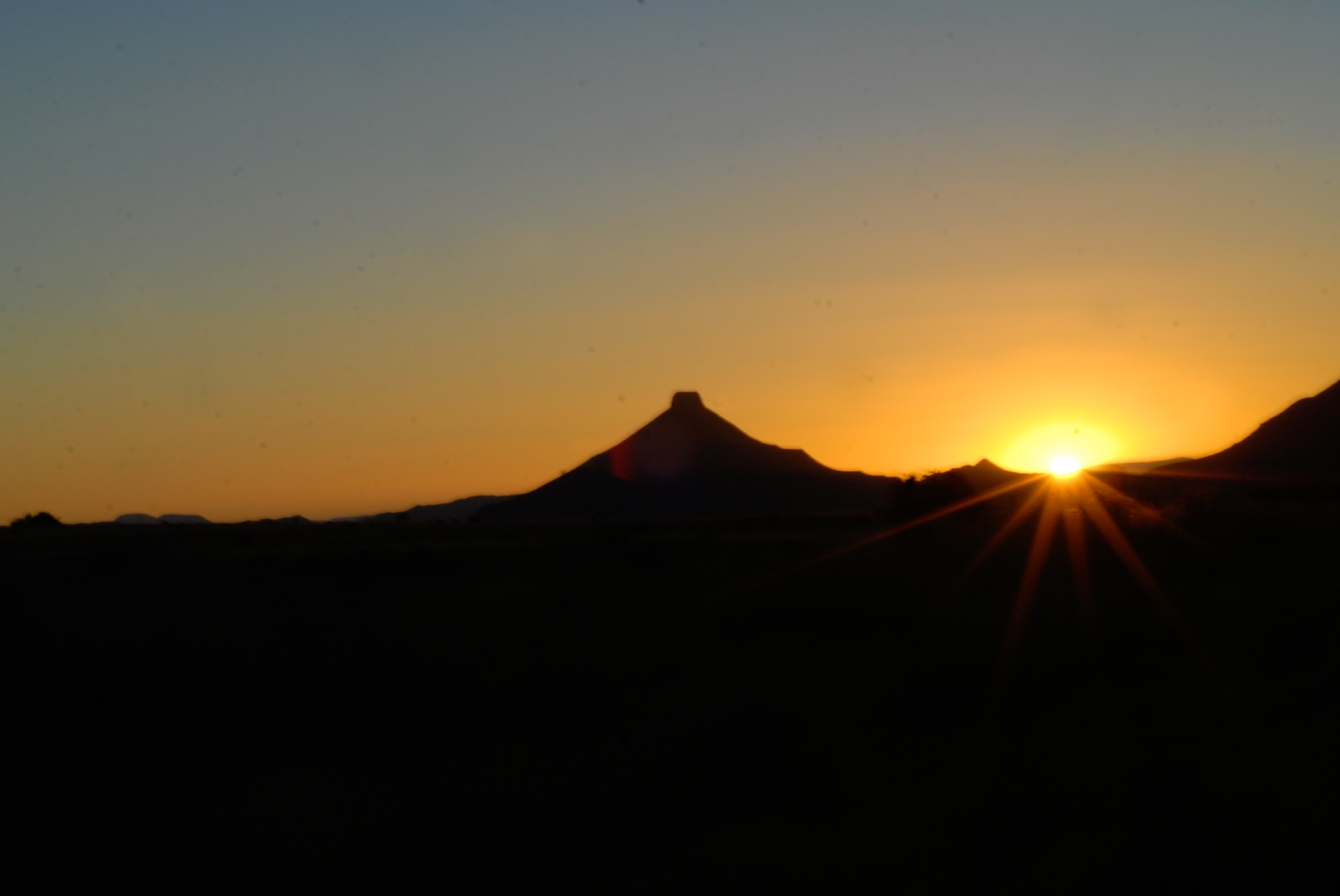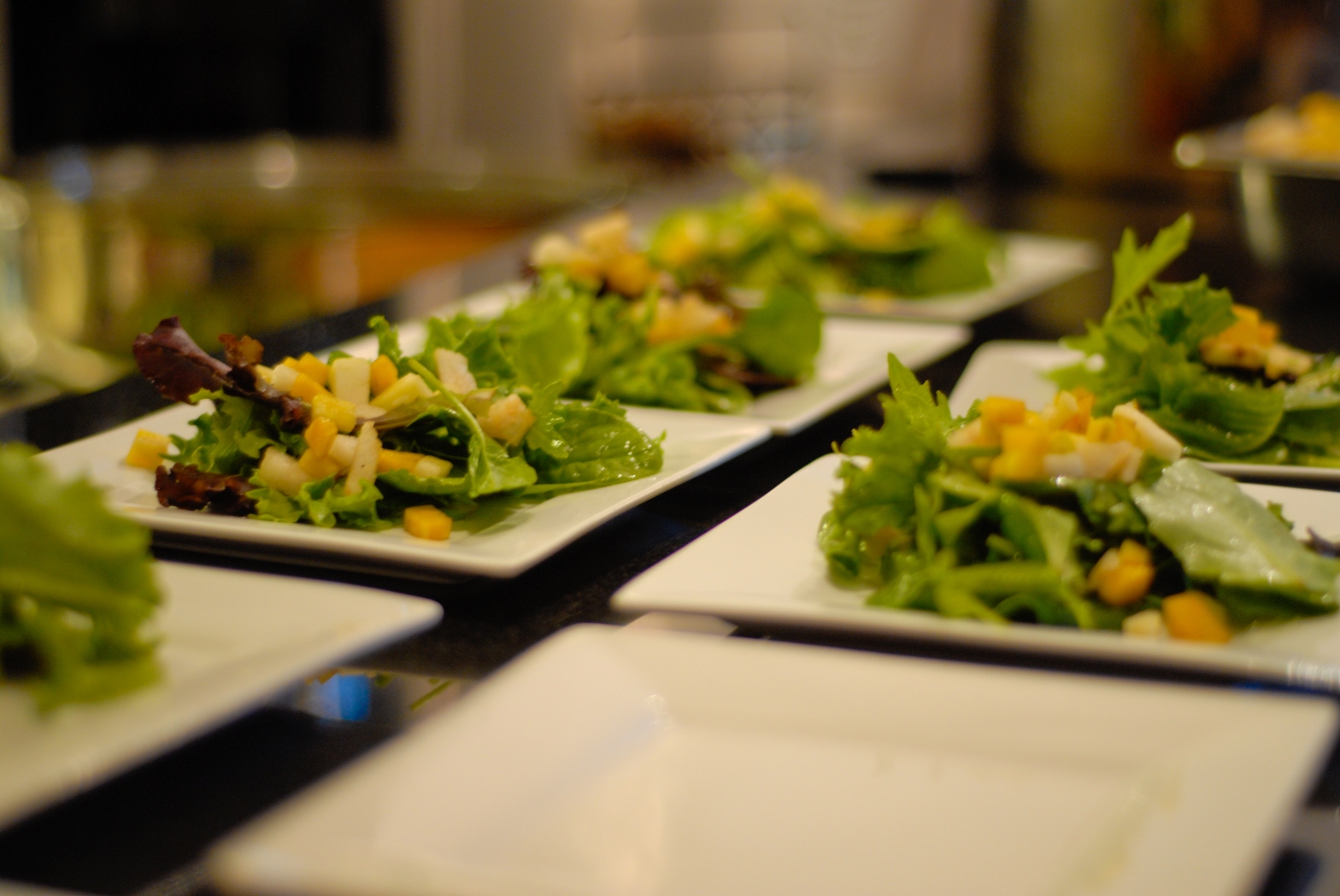By: Motlamalle Kapa
Originally posted on OSISA website.
Conditions have existed and spaces have generally been available for political participation in Lesotho ever since the country’s return to multi-party politics in 1993, according to Lesotho: Political Participation and Democracy, a new report from the Africa Governance Monitoring and Advocacy Project (AfriMAP) and OSISA.
Democratic institutions fostering political participation operate reasonably well despite persistent challenges. However, citizens have no input in the development of public policies and national budgets. The government should open up these spaces to enable citizens to participate in public policy-making processes, including the preparation of the national budget, to ensure that these reflect the needs of citizens.
A partly liberalised media environment has led to an increase in the number of media outlets, giving citizens more diversified options for accessing information and expressing their opinions. However, the state-owned media still remains the monopoly and propaganda machinery of those in power. Citizens with views contrary to those of government, individually or as organisations, continue to be subject to various types of censorship. Opposition politicians are generally barred access to the airwaves controlled by the state broadcast media. Voices and parties critical of government only enjoy access to the state media by will of the government.
The government should review all laws related to the media and repeal those that are outdated and inhibit media freedom. It should also transform the state-owned broadcasters into editorially independent public broadcasters to ensure uncensored access by all citizens and their organisations, including opposition political parties, to the national airwaves.
Access to official information remains a big problem for citizens. Such access is not provided for either the media or for citizens directly. There is no law giving citizens or the media the right of access to state-held information. The government should pass into law an updated and improved Access and Receipt of Information Bill, 2000, to provide such access and to effect transparency in government. Given that this bill may now be outdated, Parliament should invite citizens both individually and collectively through their different organisations to comment and provide suggestions on the content of the bill.
Lesotho has made huge advances through constitutional and electoral reforms, which resulted in the introduction of the MMP electoral system, which led to important political outcomes such as an inclusive parliament, political stability and, crucially, alternation of political power to a democratically elected coalition government. The IEC has also become a more transparent institution working much more closely with key stakeholders in all processes relating to elections. These reforms may serve as a useful example to other countries on the African continent.
However, the IEC must clean up the voters’ roll to ensure that future elections are of a higher quality than in the past. Parliament should also amend the electoral law to enable all citizens of Lesotho resident outside the country to vote.
A corrosive culture of persistent fragmentation continues to undermine the role of political parties as institutions facilitating political participation and democracy. Often engaged in unhelpful internal wrangling over power, they frequently split every time the country approaches elections. The legal framework for political parties is far too lax and leads to registration of many weak parties, which ultimately do not add value to democracy and political participation in Lesotho. There is a need for a new law designed exclusively to regulate the registration and operations of political parties.
Public participation in parliamentary processes is still low, partly because parliament itself is still undergoing institutional reforms, including efforts to streamline its newly established portfolio committee system. Parliament should do more to open itself up to effective public participation through its portfolio committees, including the use of public hearings and written submissions on bills under consideration. It should have a regularly updated website on which all pending legislation as well as notices of the dates and deadlines in respect of hearings and submissions should be posted. It should allocate more resources to itself and its portfolio committees to provide sufficient capacity for research. It should establish close links with civil society and continue with the good practice of consultation with communities and interest and expert groups before bills are passed.
Local authorities ought to become more effective channels of political participation, as they were established to function as such. However, they face challenges, including their lack of capacity and lack of autonomy from central government. The laws governing them allow for public participation in the processes of these structures but in practice this does not happen – probably because citizens are unaware that such avenues exist. The government should, in conformity with its decentralisation policy, allocate the requisite resources to councils in order to capacitate them, grant them autonomy to carry out their functions, and help to mobilise public campaigns to inform citizens about their rights of participation in local government affairs.
With their historically deep roots, traditional authorities still form an integral part of Basotho society, despite the introduction of elected structures of government. Their relevance and legitimacy remain largely unquestioned. However, the institutions suffer from government neglect. The government should review the allowances of chiefs both as an incentive and in recognition of the valuable contribution they make to the lives of the Basotho in the villages. It should also include the chiefs in the same training it offers to councillors to improve their legal service delivery and liaison roles.
As is the case in other Southern African Development Community (SADC) countries, parliament in Lesotho is weak relative to the power exercised by the executive branch of government. The executive signs important international agreements and treaties without these being debated in parliament. Foreign policy issues and international agreements have profound and long-term consequences for any nation and it is crucial for these to be subjected to democratic debate in parliament. Therefore, the government should consult parliament before it signs international treaties and agreements so that these first obtain the blessing of the representatives of the people, and, in this way, acquire the status of mandated and legitimate policy.






